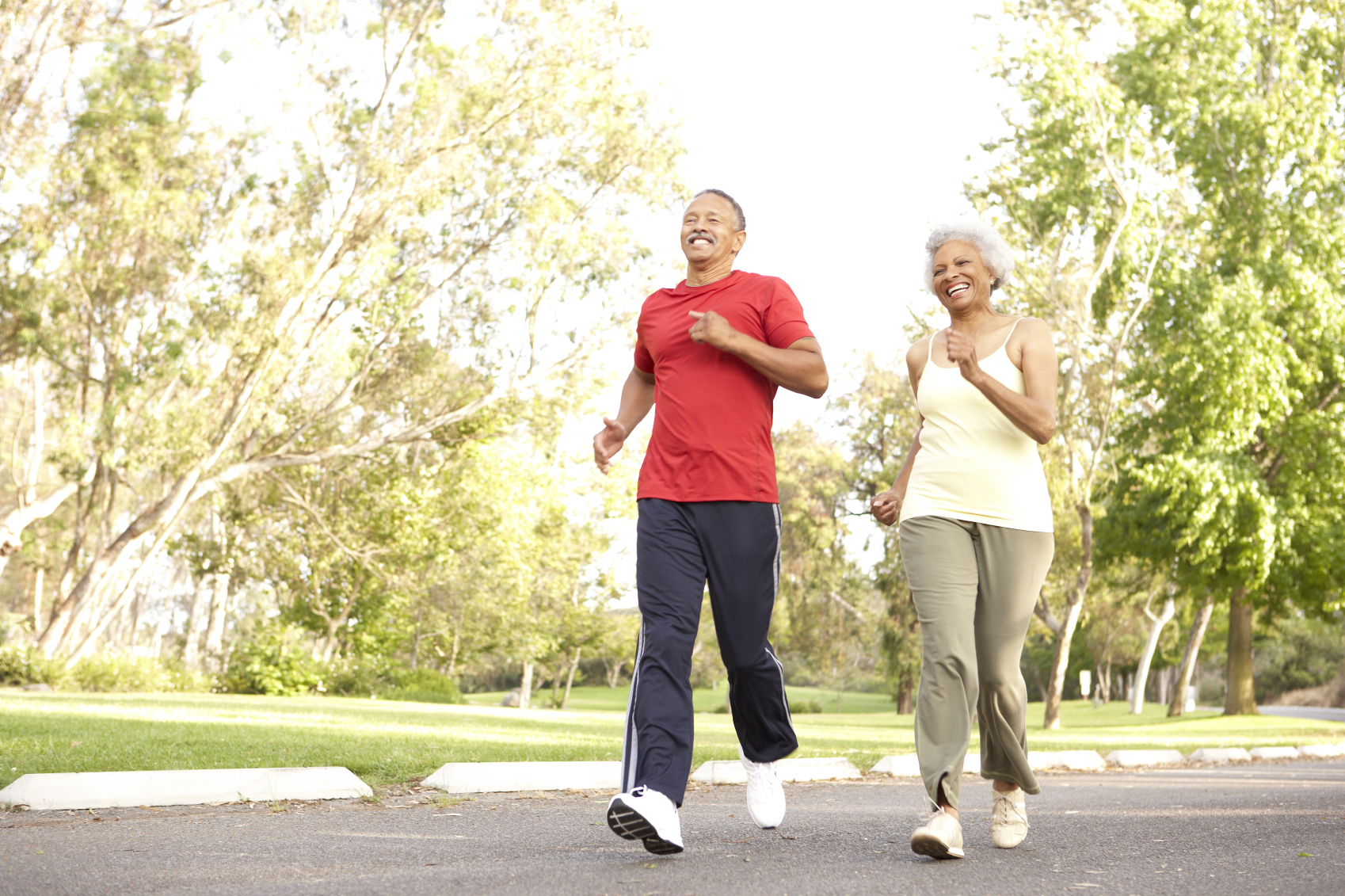Imagine living a good life feeling great with improved energy levels, feeling less stress, and achieving sound sleep all in one package. Regular exercise can help you achieve all this and more!
I have been asked the following questions regarding exercise: who should exercise? I’m not overweight; do I need to exercise?
According to an online dictionary, exercise is a physical effort to sustain or improve health and fitness. Exercise is not only meant for losing weight but for keeping fit and maintaining our health. This means that everybody should engage in some type of physical activity irrespective of body weight. A healthy body and mind boost one’s confidence and helps one to see themselves in a better light.
The question becomes, how much exercise is recommended?
The American College of Sports Medicine (ACSM) gives us guidelines. They recommend 30 to 60 minutes of moderate-intensity aerobic exercise five or more days per week or 20 to 60 minutes of vigorous exercise at least three days per week. Let’s break this down. Moderate-intensity aerobic exercises include anything that increases your heart rate and allows you to break out in a sweat. Examples are walking, doing yard work, and participating in water aerobics. On the other hand, vigorous-intensity exercises are physical activities that are done with so much effort resulting in higher heart rate and rapid breathing, making it difficult to speak in complete sentences.
So, what is the hype about exercising?

There are immediate and long-term benefits of regular exercise. Immediate benefits include:
- Reducing stress, lowering blood pressure and improving sleep quality. Exercise helps you fall asleep faster, stay asleep longer and wake up feeling refreshed.
- Regular exercise has been found to stimulate various chemicals in the brain as well, like serotonin, which helps you feel happier and more relaxed. The long-term benefits of exercise have been shown to reduce the chances of developing dementia as well as depression. This is because exercise improves brain health by increasing blood flow to the brain and helping your mind work better and faster.
- Exercise improves bone health and helps maintain balance and coordination, reducing the risk of falls. Falls in the elderly are a significant cause of broken hips which can lead to disability.
- Another benefit of regular exercise is cancer prevention. According to the CDC, the risk of the following eight cancers are lowered: bladder, breast, colon, endometrium, esophagus, kidney, lung and stomach.
- Exercise can boost our good cholesterol (HDL), and lower bad cholesterol (LDL) and triglycerides in the body.
The importance of exercise cannot be overemphasized. Endurance exercises like brisk walking, jogging, swimming, and dancing increase breathing and heart rate and improve the lungs and circulatory system health. This helps reduce life-threatening conditions like heart disease, stroke and diabetes.
Getting Started
Unfortunately, one of the biggest challenges that keep people from exercising is finding time to exercise, and battling the mindset that exercise is not fun. I struggled with finding time to exercise. However, I realized that like everything else in life, if it is essential to me, I will make time for it and focus on the benefits.
Seeing exercise as fun relies on finding the best exercise regimen you will enjoy. I love walking because it allows me time to think and meditate. Find what works for you; some people like swimming, jogging, or dancing. The most important thing is to be active. Note that exercise can be done in a group, which means you can throw exercise parties with friends or family members!
Guess what – you do not need a gym membership to start – so let’s take the excuse of affordability and throw that out the window! Start by walking around your neighborhood. When you go grocery shopping, to the mall, or even to work, park a little distance from your destination and then walk to where you are going. Remember, the journey of one thousand miles begins with a step, and practice makes not only perfect but progress. The more time you exercise, the better you get and the easier it will become for you to be consistent.
Start at a level you can manage; this will ensure you succeed. For instance, you can commit to starting with 10 minutes daily and gradually build up – just be consistent. Focusing on the benefits, as discussed above, helps perseverance. Do not forget to celebrate every progress you make!
Exercise is your friend. If you want to keep fit, stay healthy and feel young – both in body and mind, do not let excuses and procrastination stop you from exercising. Start small, build up your pace, be consistent, and focus on the benefits.
I’m excited for you as you start your exercise journey!
Need help getting started?
Schedule an appointment with one of our Primary Care Providers at ngpg.org/primary-care today!


